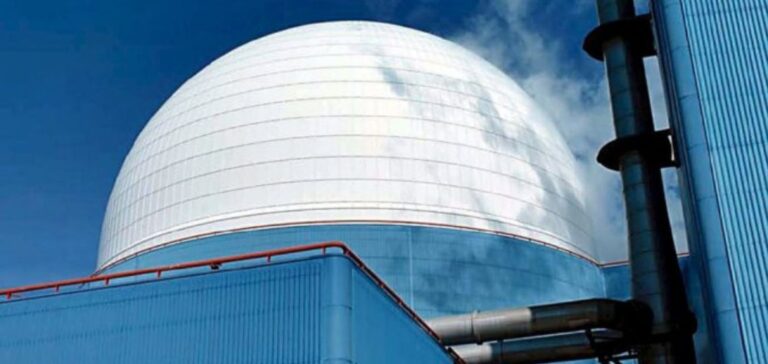Opponents of EDF’s Sizewell C nuclear power plant project in the United Kingdom opened a two-day trial in a London court on Wednesday, hoping to overturn development permission granted by the British government in July 2022. The plaintiffs, who cite, among other things, environmental risks related to the insufficient supply of water to cool the plant, are asking that the decision be annulled.
The law firm Leigh Day, representing the plaintiffs, pointed out that the environmental impacts of securing a permanent water supply of two million liters per day have never been assessed. According to the opponents, no alternative to nuclear energy, especially renewable energy, has been considered.
The British government, which wants to accelerate the development of nuclear energy to achieve carbon neutrality by 2050, did not wish to comment on an ongoing legal proceeding. Britain currently has nine operational nuclear reactors at five sites managed by EDF, but many are nearing the end of their lives. Six other reactors on three sites have been shut down since 2021, and will be dismantled.
London intends to build up to eight new reactors by 2050, but the only plant currently under construction, Hinkley Point C, also an EDF project, has seen its costs soar and will not open until 2027. The Sizewell C project, which is expected to cost a total of 20 to 30 billion pounds, will not begin production until 2035.






















